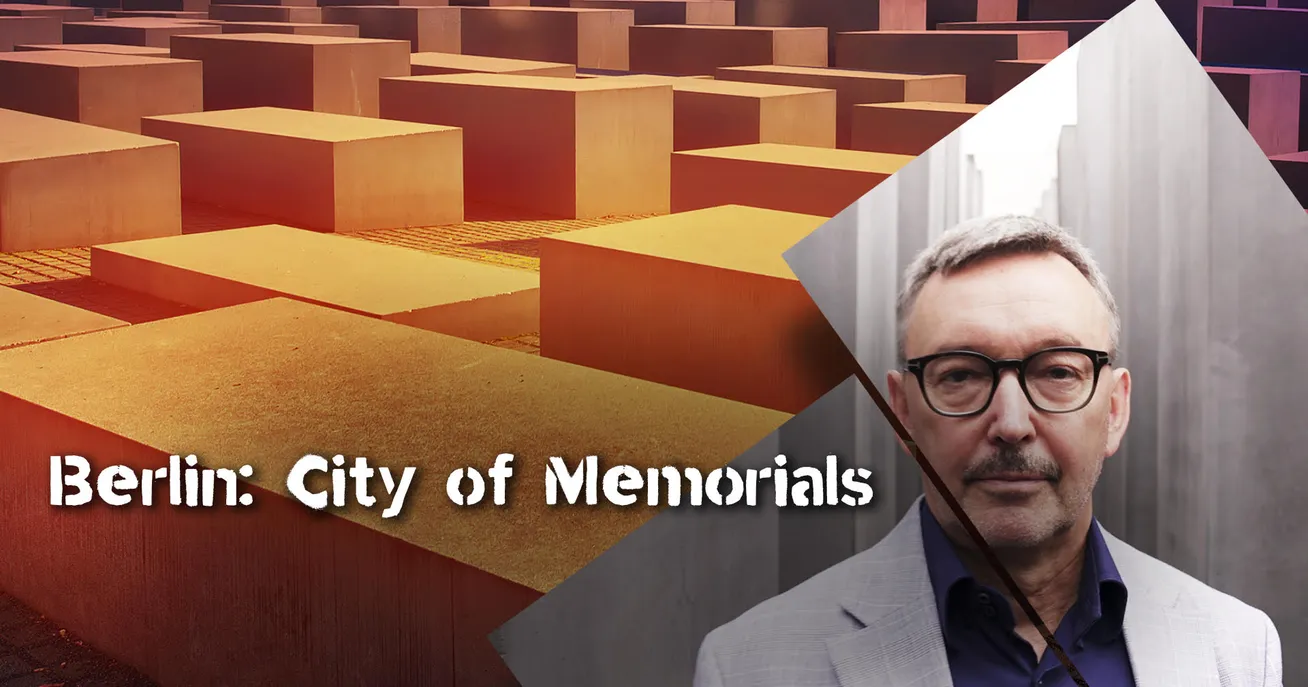
Please see link: Berlin: City of Memorials
Berlin is a city of memorials. But this has not always been the case. The post-war years were characterized by heated national debates about how Germany should remember the horror of its past. And these debates continue to this day.
Successive German governments have been either reluctant to create memorials or uncertain about how best to do so – but individuals have led the way. Dr Klaus Mueller, the Representative for Europe at the US Holocaust Memorial Museum (USHMM) is keen to emphasise that most memorials have come about as the result of the efforts of a small number of people, who determinedly made the case for its need.
In Germany, the creation of a new memorial has the power to spark a nationwide discussion. These are personal and political questions. How has the country dealt with its responsibility for the murder of European Jews? Has it reckoned with the Nazis’ persecution of suppressed minority groups such as Roma and Sinti, homosexuals, Jehovah’s Witnesses or people with mental and physical disabilities? Post-reunification, what message did the German government want to send to the world about its attitude towards the country’s past? What do memorials mean for victims?
IranWire’s Maziar Bahari visited Berlin to meet with Mueller to make a series of short films as part of the Sardari Project. These films are published on IranWire and associated social media sites in English and Persian. Dr Mueller works as an international consultant for cultural institutions, advising museums, foundations and NGOs, and his research focuses on Holocaust documentation and education, antisemitism, and genocide prevention.
Bahari and Mueller spent several days visiting six different sites of memorial across Berlin to discuss how these memorials came into being and the significance they hold today and potentially for the future.